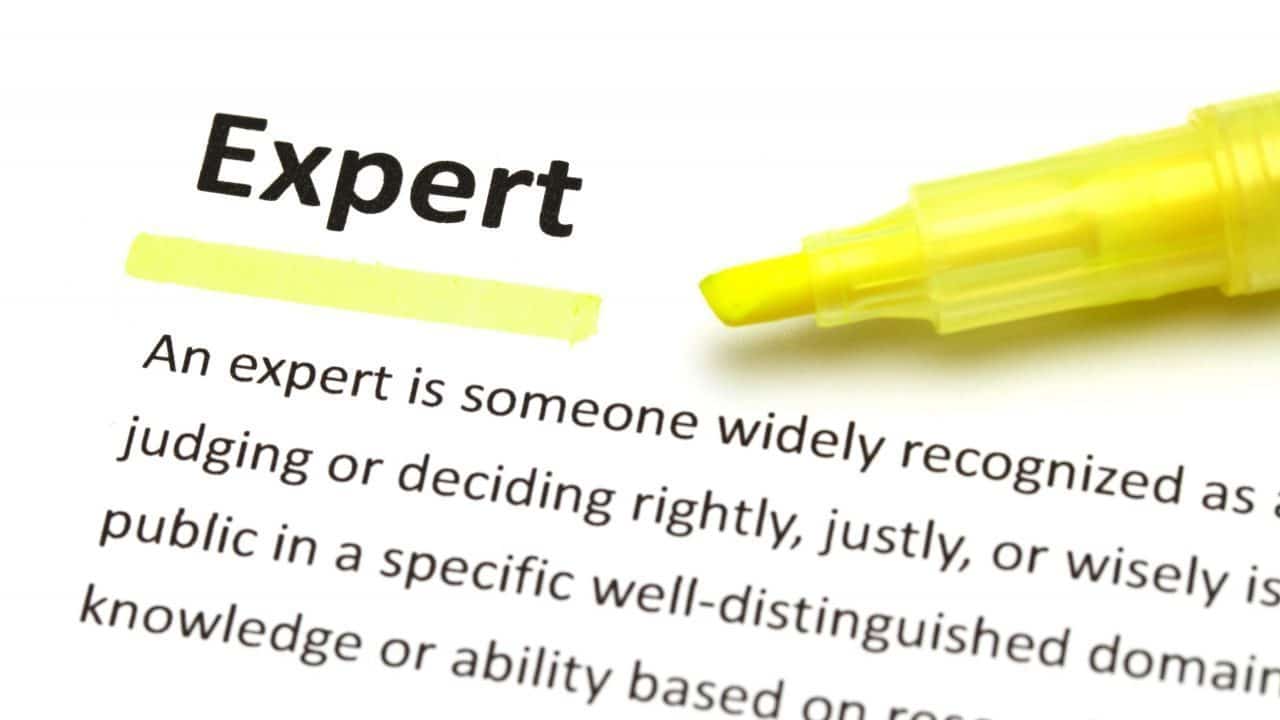Introduction
In an increasingly interconnected world, the value of academic credential examinations can not be overemphasized. As individuals look for opportunities beyond their home nations-- be it for education, employment, or professional licensing-- the need for precise and fair evaluations of their credentials ends up being paramount. The process of academic credential evaluation functions as a bridge in between differing academic systems, making sure that credentials https://telegra.ph/Examining-Business-Plans-for-Sustainable-Development-and-Innovation-09-09 are recognized and valued appropriately.
This thorough short article will explore the intricacies of making sure fairness and accuracy in academic credential assessments globally, checking out numerous facets consisting of approaches, challenges, and best practices. We will also take a look at the role of worldwide credential assessment services, course-by-course evaluations, work experience assessments, professional opinion letters, and company strategy evaluations in facilitating this vital process.
Understanding Academic Credential Evaluation
What is Academic Credential Evaluation?
Academic credential examination is a systematic procedure that examines the equivalency of educational qualifications gotten in one country compared to those in another. This assessment can substantially affect an individual's possibilities in college admissions, job placements, or expert licensing.
Why is Academic Credential Evaluation Important?
The significance depends on its ability to supply clearness to employers, universities, and licensing bodies relating to a candidate's certifications. By standardizing assessments across varied instructional backgrounds, it reduces the threat of predispositions based on unfamiliar instructional systems while promoting fairness.
The Function of International Credential Examination Services
International credential evaluation services (ICES) play a pivotal function by serving as intermediaries who examine foreign instructional qualifications. These organizations utilize knowledgeable evaluators who are knowledgeable about different instructional systems worldwide.
Benefits of Utilizing International Credential Evaluation Providers:
- Expertise: They possess specialized knowledge about various educational systems. Credibility: Acknowledged assessments improve the authenticity of candidates' credentials. Comprehensive Reports: They provide in-depth reports that summary equivalencies and recommendations customized to specific needs.
Types of Academic Credential Evaluations
Course-by-Course Credential Evaluation
A course-by-course credential assessment provides comprehensive analysis at the course level rather of simply summarizing degrees or diplomas. This type is especially useful for people looking for admission to college organizations or those needing accurate information for licensing purposes.

Key Features:
- Detailed breakdown naturally taken Grades received Credit hours transformed to equivalent systems
Work Experience Evaluation
While official education is vital, lots of professionals possess significant work experience that adds to their qualifications. A work experience examination examines this useful experience versus developed standards.
Importance:
- Validates skills acquired through employment Offers insights into expert readiness Can enhance an individual's standing when making an application for jobs or more education
Expert Opinion Letter
An expert viewpoint letter is often used when traditional paperwork can not be provided. It offers insights from a qualified critic relating to the credibility and relevance of an applicant's qualifications or experience.
Usage Circumstances:
- Unusual academic paths Non-traditional qualifications Gaps in formal education documentation
Business Strategy Evaluation
For business owners wanting to expand globally or seeking funding based on their scholastic credentials and experiences, a service plan assessment assesses not just the business's viability but likewise how academic achievements support entrepreneurial endeavors.
Challenges in Academic Credential Evaluations
Variability Throughout Educational Systems
One major challenge depends on the intrinsic differences in between global academic systems-- what makes up a bachelor's degree in one country may not align with another's requirements. This can cause discrepancies in assessments if not carefully managed.
Fraudulent Credentials
With the increase in need for quick assessments comes a boost in fraudulent files. Critics must be vigilant versus counterfeit diplomas and records while sticking to ethical standards.
Cultural Biases
Cultural biases can unintentionally influence critics' perceptions of foreign qualifications. It is essential for critics to undergo training that promotes cultural competence and awareness.
Best Practices for Guaranteeing Fairness
Establishing Clear Guidelines
Establishing clear guidelines and standardized treatments can mitigate disparities. Regulative bodies must provide structures that international credential examination services need to follow.
Continuous Training for Evaluators
Regular training sessions focusing on updates in global education systems make sure critics remain present with trends and modifications affecting scholastic qualifications worldwide.

Utilizing Technology
Leveraging technology such as AI-driven algorithms can improve performance while also flagging possible discrepancies throughout evaluations-- an important action towards keeping accuracy.
Ensuring Fairness and Precision in Academic Credential Evaluations Globally
To efficiently guarantee fairness and precision internationally within academic credential evaluations needs partnership among nations, regulatory bodies, and evaluating organizations. Each stakeholder plays an important role:
Governments: Develop policies that acknowledge foreign credentials. Educational Institutions: Work with evaluators to understand foreign degrees better. Evaluators: Preserve openness throughout their processes. Candidates: Guarantee they present authentic paperwork properly showing their experiences.By promoting open interaction channels among these groups, we can create a more equitable landscape for all celebrations associated with scholastic credential evaluations globally.
Emerging Trends in Academic Credential Evaluations
Online Learning Credentials
As online discovering gains popularity, there's a growing requirement for evaluating non-traditional learning environments such as MOOCs (Huge Open Online Courses). Understanding how these fit into conventional structures presents brand-new chances-- and obstacles-- for evaluators.
Micro-Credentials
Micro-credentials signify particular skills instead of whole degrees. As industries evolve rapidly due to technological developments like automation or AI integration into various sectors; understanding how micro-credentials equate into conventional credentials frameworks ends up being pivotal.
Frequently Asked Questions (Frequently asked questions)
What is a scholastic credential evaluation?- An academic credential assessment systematically compares foreign educational qualifications with those acknowledged domestically to ensure proper acknowledgment throughout varying systems.
- Credentials are typically needed by companies or universities to validate qualifications before employing or confessing candidates from other countries.
- The timeline varies depending upon the organization but generally varies from a few days up to a number of weeks based upon complexity.
- Common types consist of course-by-course assessments, work experience examinations, professional opinion letters, and organization strategy evaluations.
- Most credible evaluating firms have processes for appeals if you think your evaluation was inaccurate; it's necessary first to evaluate their particular guidelines.
- Yes! Numerous trusted companies examine online courses; nevertheless; it depends upon each organization's policies relating to approval requirements for online knowing experiences.
Conclusion
In conclusion, ensuring fairness and precision in scholastic credential evaluations globally is not simply a governmental need; it's fundamental for developing trust throughout borders while empowering people pursuing opportunities worldwide through verified accomplishments. By attending to challenges head-on with robust practices customized towards evolving landscapes-- like technological shifts-- we stand poised not simply to acknowledge benefit but champ equality amongst varied populations making every effort towards shared goals across our worldwide society!